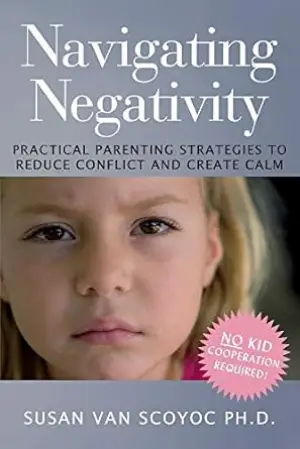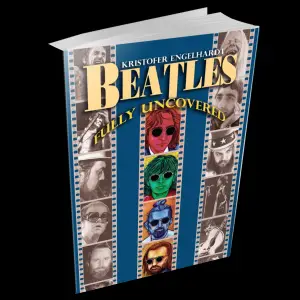Review of Dianaworld: An Obsession by Edward White
When I first stumbled upon Dianaworld: An Obsession by Edward White, I was struck by the promise of fresh insights into the life of Diana, The People’s Princess. Like many, I’ve been captivated by her legacy, but I also wondered if yet another exploration of her life could truly offer anything new. Ken Wharf, Diana’s former bodyguard, expressed a fear that she might be written out of history, and this book felt like an attempt to confront that concern head-on. Unfortunately, what I found was a mixed bag, straddling the line between fervent adoration and pointed critique.
Edward White sets out to explore the cultural obsession with Diana, presenting a tapestry woven from the threads of both her admirers and detractors. However, I couldn’t shake the feeling that White himself is not as enamored with Diana as he might like to suggest. His portrayal of her as a “forever wounded child in search of healing” hinted at an underlying skepticism about her persona. While he vividly lays out the complexities of her life—her fluid navigation of social classes and American quirks, like her fondness for Big Macs—his tone often felt detached, as if he were critiquing a character rather than celebrating a multifaceted woman.
The writing style is an interesting choice: White employs a lexicon bedecked with sophisticated vocabulary, possibly designed to elevate the prose but often becoming a hurdle for the reader. At times, I found myself skimming through paragraphs to escape the verbose tangents. His discussions on political themes, while undeniably provocative, detracted from my enjoyment of the narrative, leaving me yearning for a more intimate exploration of Diana’s emotional truth rather than a cavalcade of opinions.
One of the most haunting ideas presented is that of the world’s collective mourning triggering a shift in the Earth’s magnetic field on the day of her funeral. It’s a memorable notion that embodies the gravitational pull Diana held over people’s hearts. Perhaps it’s just the romantic in me, but I found myself pondering the depth of that emotion and how it speaks to our shared human experience.
Yet, I must admit, I came away from Dianaworld feeling that much of its content is already well-trod territory. The wild stories and unconventional theories may pique curiosity, but as a whole, I found it to be more a patchwork of ideas than a cohesive narrative. For all the effort put into crafting this extensive account, I struggled to uncover anything earth-shattering or profoundly enlightening.
In conclusion, Dianaworld: An Obsession may appeal to die-hard Diana fans or anyone keen to explore the cultural implications of her life and death. However, for those seeking a heartfelt tribute or new revelations, it might leave you asking for more. Personally, I found it a reflection—it was like looking through a kaleidoscope of words that never quite resolved into a clear picture. As I closed the book, I couldn’t help but echo Ken Wharf’s sentiment: perhaps it truly is time to lay this woman to rest in the annals of history, allowing her legacy to breathe free from scrutiny.
Discover more about Dianaworld: An Obsession on GoodReads >>







